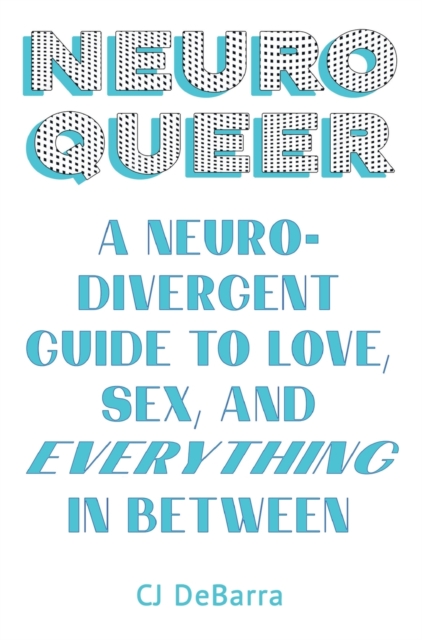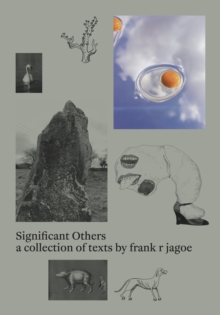Divergent: Weird pride, unruliness & outsider wisdom [Radical Book Fair]
Featured Speakers
CJ Debarra, Nish Doshi chaired by Fergus Murray
Please check ticket info for this event below, incl. information about access.
The rules of our world aren’t consistent. They are rarely fair, rarely just, rarely rooted in nature, joy, care or creative potential. What could the future look like if we built it with a different rule book?
There is a boundless beauty and wisdom in world-views and experience that can't be boxed up, defined or refined by the 'norms' of a broken world. Join us to celebrate and explore neurodiversity with speakers pushing us to rethink our relationships to nature, gender, capital and each other.
If we acknowledge that neurotypical, heteronormative expectations, healthcare, norms and binaries do not make the world make sense, maybe we need to take another look at how to make our world better for everyone.
When we centre voices usually relegated to the fringes we create a richer, fairer world for us all - come crack the world open with us!
– Our Speakers –
CJ DeBarra (they/them) is queer, non-binary journalist, author and historian from Cork, Ireland residing in Nottingham, UK. They are the author of Neuroqueer and Queer Nottingham volumes one and two, and have an upcoming book due from Jessica Kingsley Press. CJ is also the founder of the NQHA, an oral history campaign recording queer stories from Nottingham spanning from 1790 to 2025.
Nish Doshi is a dreamer, community builder, researcher, and strategist whose work centres around relationality, decoloniality, and care. They find joy in understanding how everything is connected, and how we can not only dream but built alternative worlds. More recently they are working on a series which explores how technology reshapes our relations, and what that means for our future political organising.
Please note that sadly due to unavoidable circumstances frank r jagoe (they/them) is no longe able to attend the Fair in person, situation allowing we will have them join in part via video link or recording, we appreciate your understanding!
*Please note that masks will be required at this event (as with all Lighthouse events).
*Accessibility: All events will be professionally filmed & livestreamed. The Roxy is wheelchair accessible (including toilets) and we'll have provisions for neurodivergent guests including stims, quiet space and colour-coded lanyards.
*Events are £5 or free -we completely understand paying for one or two events and then getting free spots for others. The Radical Book Fair is entirely bookshop run and ticket sales are vital to keeping the fair sustainable and paying all our speakers so all support is heartily welcome!
*Featured books: The book & ticket option will select the most recently published book at any given event, if you’re not sure which book you want or don’t want that featured book, then buy a £5 voucher ticket that can be used for any of the books below. There are also DONATION TICKETS which are £10, listed as a 'book', please note these are not redeemable at the fair, and rather a much appreciated contribution to the Fair's running costs,
*If you'd like to help make the book fair accessible to more folks, please consider adding to our pay-it-forward fund HERE.

